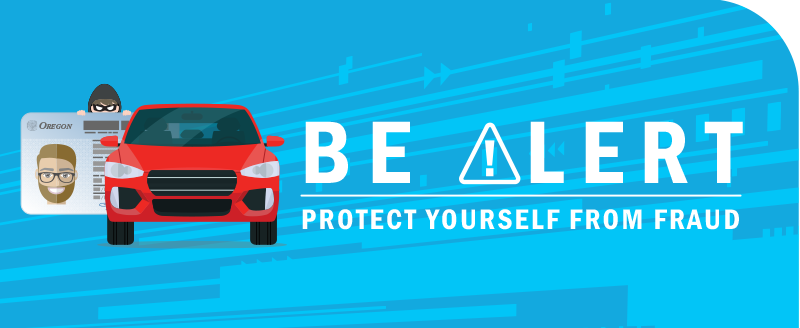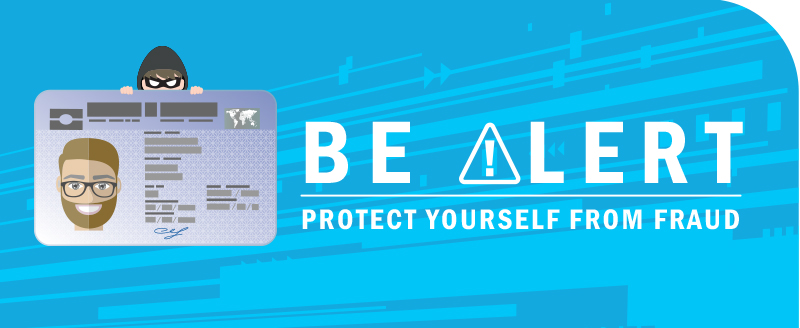Victim of Identity Theft
Financial identity theft is one of the most common types of identity theft. Scammers can use your personal information to open credit in your name, make purchases with your cards, or take over your financial accounts. Here are some precautions you can take to protect yourself and prevent identity theft.
Don’t Share Personal Information With Strangers
Fraudulent emails, texts and phone calls may look legitimate, but could actually be from a fraudster. They might even look like they’re from Rogue or Rogue’s Fraud Team. Always verify who you’re sharing information with, especially if they reach out unexpectedly. Rogue will never ask for your personal information over text, email or the phone.
Keep Your Social Security Card Secure
Don’t carry your social security card around with you. If your wallet or purse is stolen, the thief will have your social security card, too! Instead, store it in a safe at home. Be careful about sharing your card number and only give it out when truly necessary.
Enroll in Fraud Text Alerts
Make sure to list a cell phone number on your Rogue account. If our system notices an unusual charge come through on one of your cards, we’ll send you a text alert that allows you to deny the transaction and put a block on the card to prevent further attempts.
Protect Your Paper Trails
Fraudsters can find personal information on bills or statements that come in the mail. A locking mailbox can help prevent mail theft. You can also subscribe to USPS Informed Delivery to get notified when your mail is delivered, and collect your mail daily.
When you’re ready to throw away statements, bills or receipts from purchases, use a shredder to prevent people from finding the discarded information in your trash.
Review Transaction History and Statements
Review your cards’ statements and transaction history regularly to keep an eye out for purchases you didn’t make. Reviewing your transaction history is easy with Rogue’s Online Banking or mobile app. Simply click into each of your accounts to review the recent withdrawals and deposits.
Protect Your Cards
Debit and credit card information is susceptible to being stolen by “skimmers” installed on ATMs and card readers. You can avoid paying with your physical card by using a virtual wallet such as Apple Pay or Google Pay. Digital wallets don’t share your information with vendors, and your actual card numbers aren’t stored.
Create Secure Passwords and Lock Your Devices
Create a unique password for every website where you have personal information like your address or billing info saved. Complicated passwords decrease the likelihood your account will be hacked, and if one account is compromised, the fraudster won’t be able to use that same password to access others. You can use a password-keeping service to remember and store your passwords for you. Don’t forget to lock your phones, computers and tablets with a password in the first place.
Check Your Credit Reports
Review your credit reports for suspicious activity or new accounts you didn’t authorize. You can obtain a free report from each of the three major credit bureaus once a year at annualcreditreport.com. If you check one report every four months, then you can keep a consistent tab on your credit.
If you become a victim of identity theft despite your best efforts, visit https://www.identitytheft.gov/ to report it to the FTC and get started on a recovery plan.
At Rogue, we take the safety and security of our members’ accounts very seriously. If you have any questions or suspect fraudulent activity on your accounts, we’re here to help. Give us a call at 800.856.7328, chat with us online or stop by your local branch.
Learn more about identity theft in this video!


